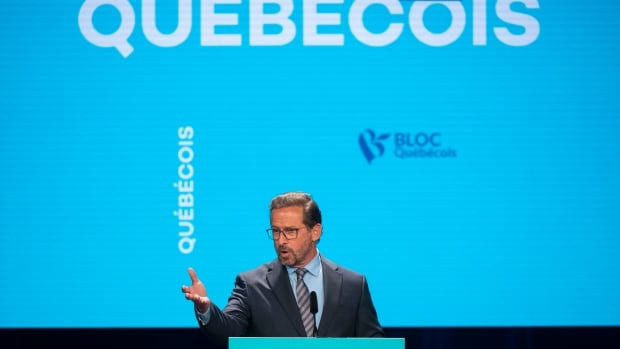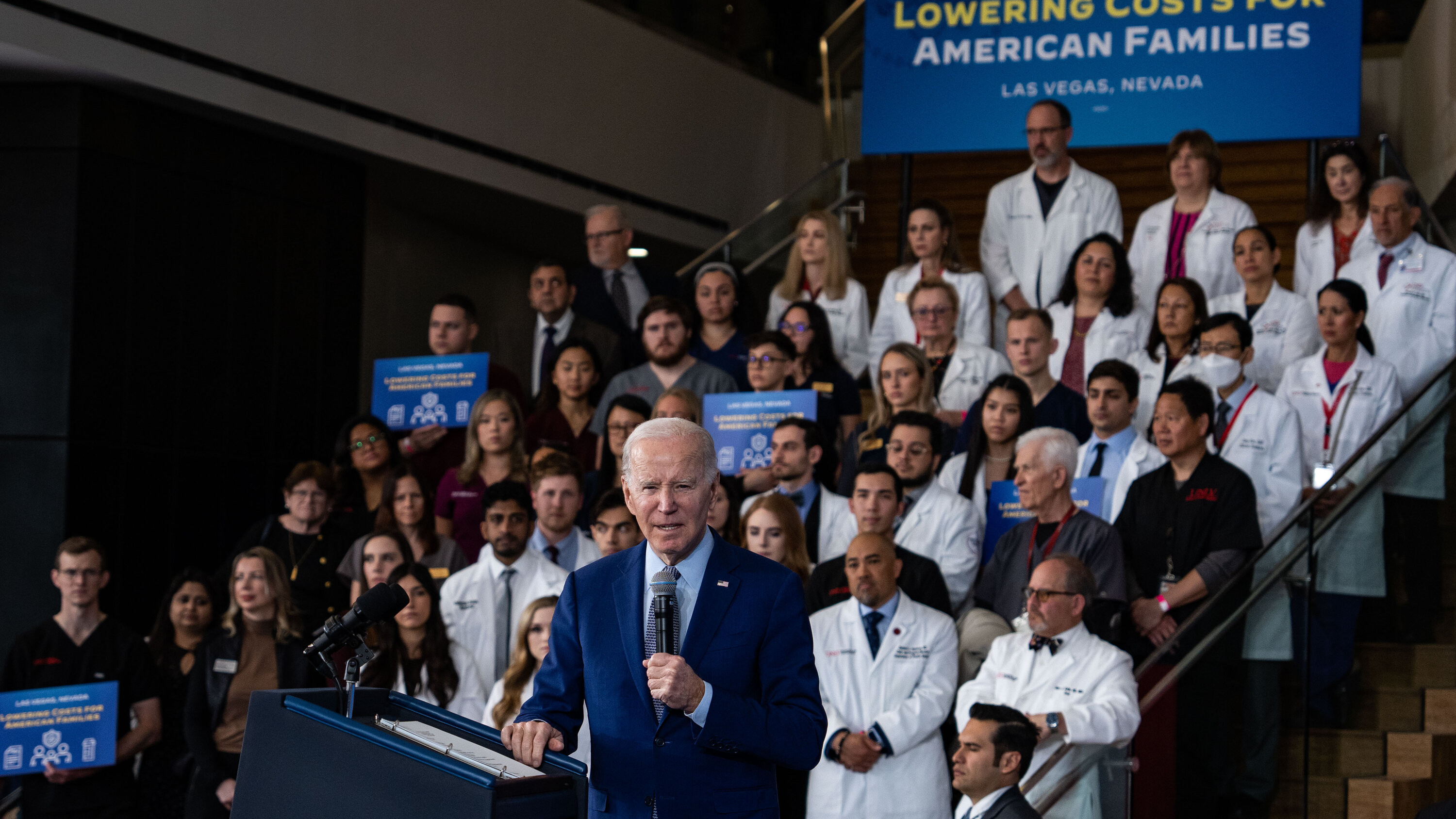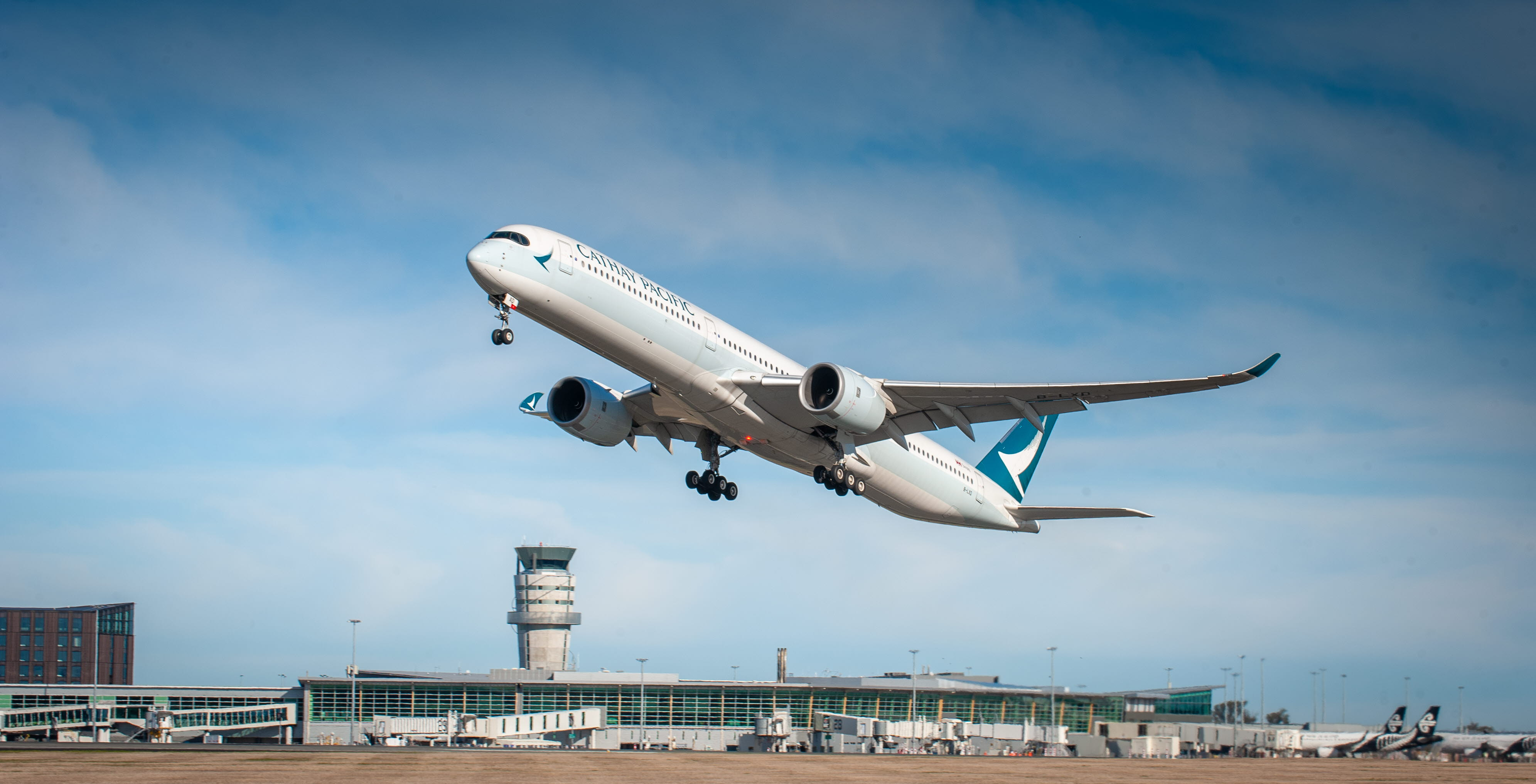The Bloc Québécois has won the by-election in the Montreal riding of LaSalle—Émard—Verdun, marking a loss for the Liberal Party of Canada. Louis-Philippe Sauvé, the Bloc Québécois candidate, won with a narrow margin, taking 248 votes more than the Liberal candidate Laura Palestini. This by-election comes after the resignation of former MP and Minister David Lametti, who had held the seat since 2015.
A Tight Race
The election was a tight race, with the Bloc Québécois, the Liberal Party, and the New Democratic Party (NDP) all vying for the seat. In the last federal election in 2021, Lametti was re-elected with 42.9% of the vote, finishing far ahead of his opponents. The Bloc Québécois candidate received 22.1% of the vote, the NDP candidate came in third with 19.4%, and the Conservative candidate received 7.5%.
The Stakes of the Election
The election was closely watched as the Liberal Party of Canada worked to retain the seat. The NDP and the Bloc Québécois were attempting to position themselves as the best alternatives to the Liberals. The Liberal Party’s efforts were hampered by recent setbacks, including the loss of the Toronto-St. Paul’s by-election to the Conservatives in June, which marked a second loss for the party in less than three months. The race was so close that it was not until early Tuesday morning that the results were known.
The Significance of the Bloc Québécois Win
The Bloc Québécois win is significant because it marks a loss for the Liberal Party in a riding that has been considered a Liberal stronghold since its creation 10 years ago. The Bloc Québécois’s victory could also be interpreted as a sign that the Liberal Party is losing ground in Quebec. The Bloc Québécois has been gaining momentum in Quebec in recent years, and this win could further contribute to their rise in the province.
The Future of the Liberal Party
The Liberal Party’s defeat in LaSalle–Émard–Verdun comes at a time when the party is facing several challenges. The party is facing criticism from the public and from within the party itself over its handling of a variety of issues, including the economy, climate change, and the cost of living. The party is also facing a growing challenge from the NDP, which is positioning itself as a more progressive alternative to the Liberals. The Liberal Party is also dealing with the fallout from the recent SNC-Lavalin scandal, which has damaged the party’s reputation and credibility.
The Liberal Party will need to find a way to address these challenges in order to maintain its support in Quebec and across Canada. The party will need to find ways to connect with voters on issues that matter to them, such as the cost of living, climate change, and healthcare. The party will also need to address the concerns of its own members and restore its reputation and credibility.
The Way Forward
The Liberal Party’s loss in LaSalle–Émard–Verdun is a sign that the party is facing significant challenges. The party will need to find a way to address these challenges in order to maintain its support in Quebec and across Canada. The party will need to find ways to connect with voters on issues that matter to them, such as the cost of living, climate change, and healthcare. The party will also need to address the concerns of its own members and restore its reputation and credibility.
Looking to the Future
The by-election results could indicate a shift in the political landscape in Quebec. The Liberal Party will need to find a way to regain the trust of Quebec voters if it wants to remain a viable option in the province. The Bloc Québécois, on the other hand, could see this victory as a springboard for further growth in Quebec.


















